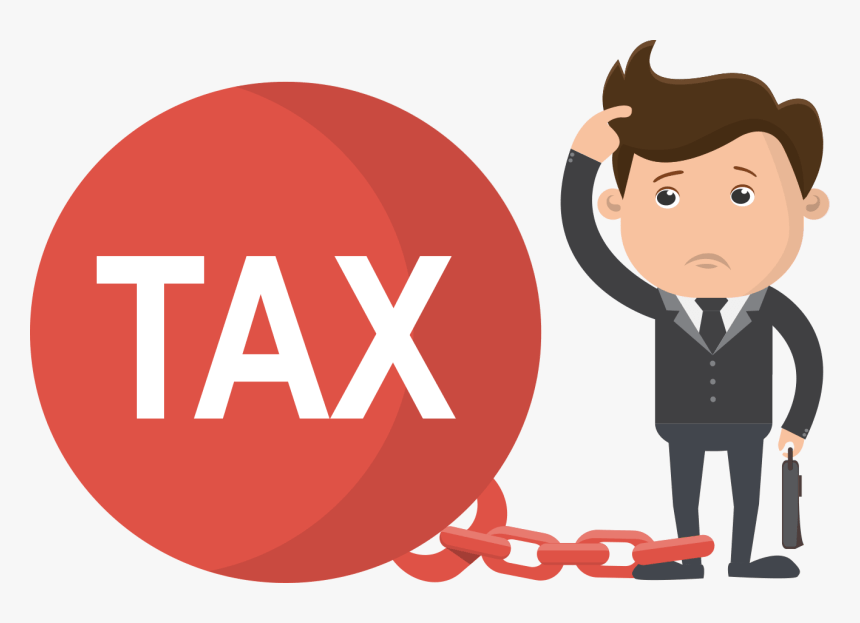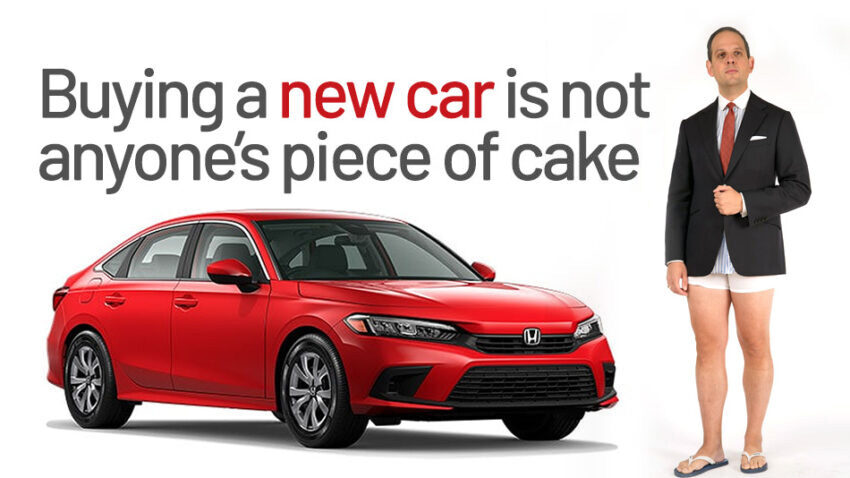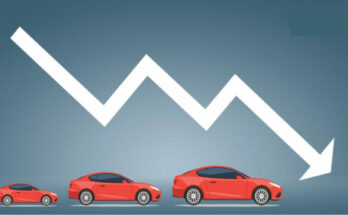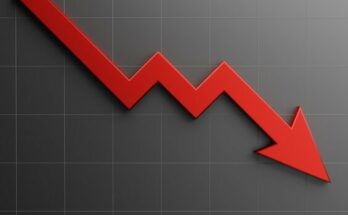The local auto industry is experiencing the most challenging of circumstances, with sales plummeting below pandemic levels. The sales figures are already worse than 20 years ago, and no improvement is in sight.
Related: Contrasting Difference Between Indian and Pakistani Auto Industry
Even though there are very obvious fixes for the issues that need to be addressed in order to get the faltering sales back on track, putting these fixes into action is probably the most challenging part. Let us see what needs to be done to revitalize & boost the declining car sales in Pakistan.
Breathing Space for the Middle-Class
The middle class is ostensibly the key driver of volumetric vehicle sales. While the wealthy may continue to purchase luxury vehicles in modest numbers, it is the majority of mass-market vehicles that achieve volumetric sales, bringing more income to the government in the form of registration fees and annual taxes.

Unfortunately, in the current economic scenario, rising inflation and high commodity prices, combined with exaggerated utility bills that are now about twice as much higher than they were a couple of years ago, as well as exponentially increasing fuel prices, have severely harmed the purchasing power of the masses, during the last couple of years in particular. For example, we used to get petrol for around Rs 140 when oil rates in international markets were around $125 per barrel. However, now at a time when the price per barrel is just above $70, we are required to spend Rs 280 per liter of petrol.
Similarly, households that used to get an average electricity bill of around Rs 7,000 (less than 300 units) in winter are being bombarded with bills up to Rs 16.000 (average K-Electric Karachi). The National Electric Power Regulatory Authority (Nepra) has also exposed the “controversial power theft drive” of the power distribution companies defrauding millions of consumers of billions of rupees through excessive billing by engaging in malpractices. Thus, the ballooned expenses are everywhere, be it food & grocery prices, education, healthcare, or traveling expenditures.
Related: The Imperative Need for Small Fuel-Efficient Cars in Pakistan
In such circumstances, people have transitioned themselves into the curtail mode. Many have started carpooling and adopted various other measures such as to minimize the use of 4-wheelers in favor of 2-wheelers. As a result, petrol consumption fell to 16.61 million mt in 2022/23 (July-June) from 22.6 million mt in the previous year according to the Oil Companies Advisory Council.
Besides, the majority is now finding ways to be contended with their existing rides rather than spend more on buying new ones. A breathing space for the masses will allow them to spend their money on non-essential items, such as brand-new cars.
Realistic Car Prices
Another key factor is the mind-boggling prices of cars in Pakistan. Yes, the currency has depreciated but local assemblers which often make bold claims to have achieved up to 70% localization are always ready to transfer up to a 125% impact of forex fluctuations on the consumers. That’s why despite hopeless sales, the assemblers are enjoying ample profits as reflected in their quarterly financial statements. If prices of cars are brought down to a more realistic level, it will have a positive impact on sales of locally available automobiles.
High Taxes on Automobiles
Similarly, the government imposes huge amounts of taxes on automobiles. Various duties & taxes amount to nearly 40% of a vehicle’s price in Pakistan. If the government lowers the taxes, the prices will come within a more reasonable range and new cars will become more accessible to the masses.
Uneven Tax Burden
We live in a country where the salaried class bears the most burden of running the economy. Pakistan’s salaried class paid Rs 264.3 billion in income tax in the last fiscal year, a sum that is almost 200% more than the combined taxes paid by the country’s exporters and highly undertaxed retailers. Furthermore, sectors such as real estate, mills & industries, agriculture, and other holy cows remain untouchables.
Related: Sazgar’s Story Tells Exactly Why Every Automaker Wants to Launch SUVs
Next, there are the massive perks and benefits enjoyed by the privileged class, who are exempt from paying taxes, and the burden is further shifted onto the taxpayers. The World Bank also recommended that Pakistan start taxing monthly salaries below Rs 50,000 and further reduce the Rs 500,000 per month income threshold for charging the highest income tax rate of 35% from salaried individuals.
Expensive Auto Financing
In Pakistan, a significant portion of automobile consumers once used auto financing to buy brand-new vehicles. However, the government has increased interest rates over the past couple of years from 7% to an astounding 22%, leading to such outrageous costs that auto financing has been declining for 16 consecutive months. Together with high car prices, the monthly rentals of ordinary vehicles are rendered more than the salaries of most executives working in multinational firms.

Dire Need for Affordable & Fuel-Efficient Cars
Pakistan still lacks serious policies regarding the auto sector. There is no check & balance on the sort of automobiles sold in the country, 70% of “new cars” introduced in Pakistan are globally obsolete models, introduced here after they get retired from the rest of the world. There is no attention to emission standards or compliance with modern Euro-5 fuel, and lack of safety standards is another neglected subject while quality control is as bad as anything.
Related: Affordable Cars – The Foundation of a Thriving Auto Industry
The introduction of modern & fuel-efficient cars will not only help the government lessen the burden of fuel import bills, and improve environmental impacts but will entice the masses into buying reasonably priced fuel-efficient cars which would eventually drive sales volumes.
Conclusion
Simply put, a comprehensive economic resurgence is required. The sales of new cars in Pakistan will rise with equal taxation across all sectors, which means relatively lower taxes on automobiles, equitable distribution of benefits among the wealthy, reduction of inflation, increased breathing room for the masses, and the development of comprehensive policies that facilitate the introduction of modern, fuel-efficient, and reasonably priced cars for the general public. While these solutions may sound simple & candid, the question is, who is going to bell the cat?

A computer animation professional with over 23 years of industry experience having served in leading organizations, TV channels & production facilities in Pakistan. An avid car enthusiast and petrolhead with an affection to deliver quality content to help shape opinions. Formerly written for PakWheels as well as major publications including Dawn. Founder of CarSpiritPK.com




